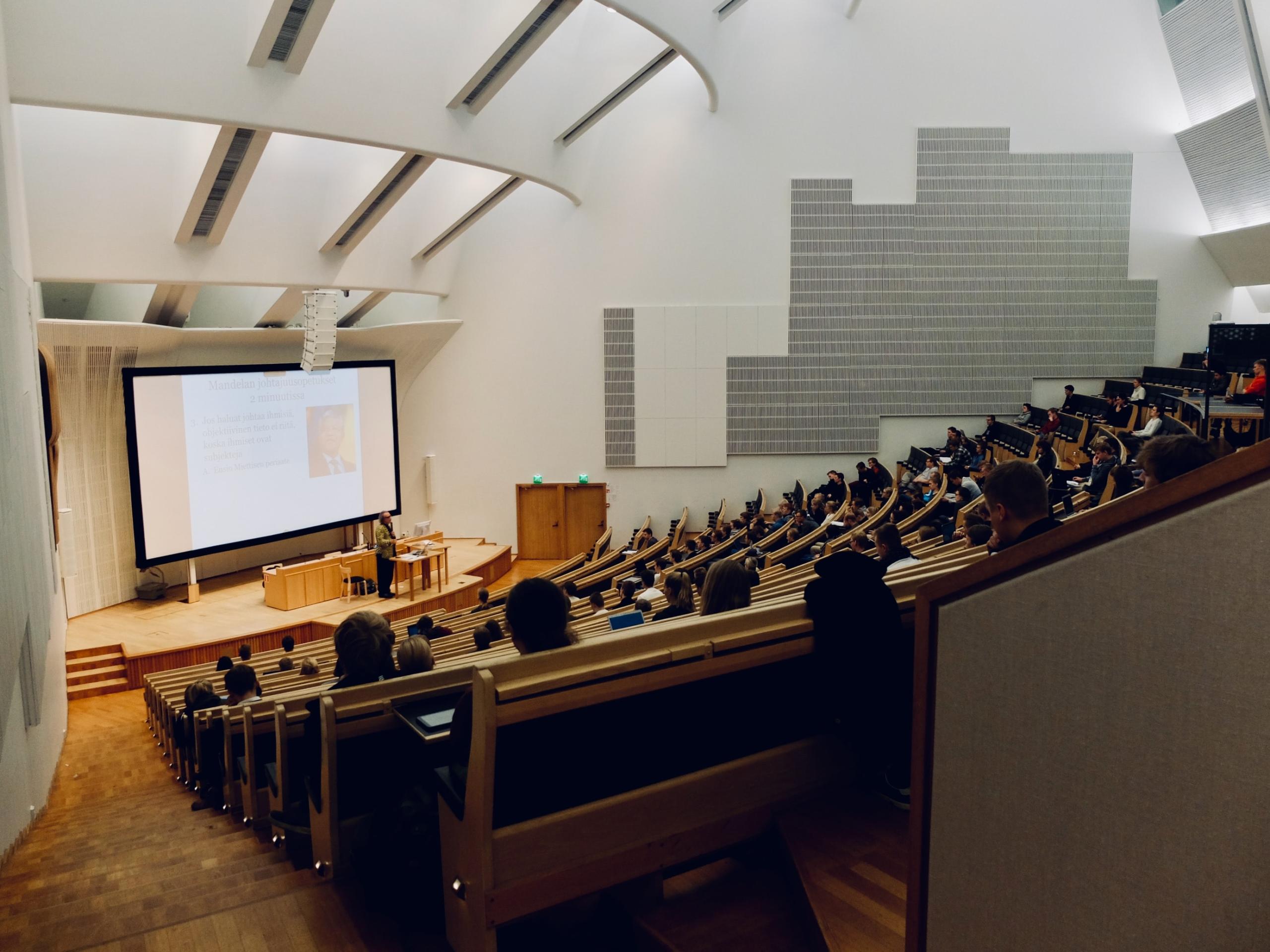Erasmus+ Centralised Actions

Centralised Actions
The Erasmus+ Programme consists of Centralised and Decentralised actions.
Decentralised actions are managed by National Agencies (like the Higher Education Authority).
Centralised actions are managed directly by the European Commission.
Some examples of Centralised actions funded by the European Commission include:
- Jean Monnet Modules
A Jean Monnet Module is a short teaching programme or course in the field of European Union studies at a higher education institution. Each Module has a minimum duration of 40 teaching hours per academic year. Modules may concentrate on one particular discipline in European studies or be multidisciplinary in approach and therefore call upon the academic input of several professors and experts. - Capacity Building in Higher Education (CBHE)
Capacity building projects support cooperation with Partner Countries in the fields of higher education and youth. Capacity building projects aim to support organisations/institutions and systems in their modernisation and internationalisation process. - Knowledge Alliances
Two types of cooperation projects are supported under this action (1) the development of European Universities and (2) Knowledge Alliances, which are transnational, structured and result driven projects between higher education and business.
How to Apply
To apply for these actions, you must submit an application directly to the European Commission. The main source of information for all open calls is the European Commission’s Funding & Tenders Portal.